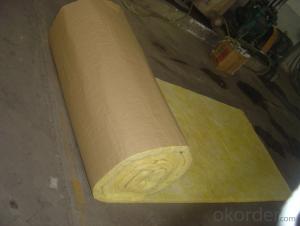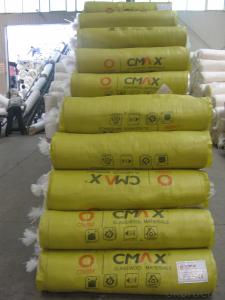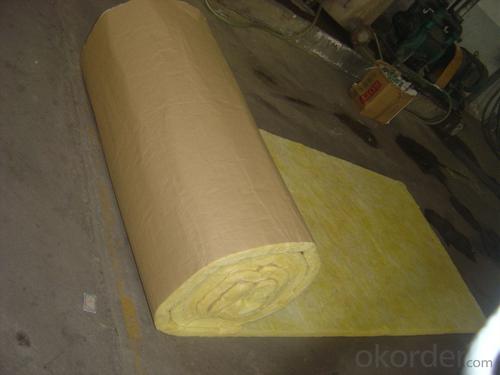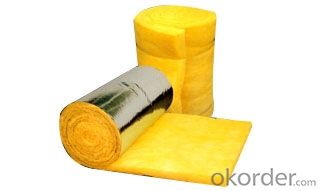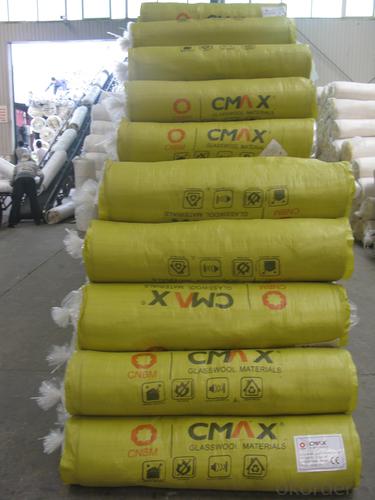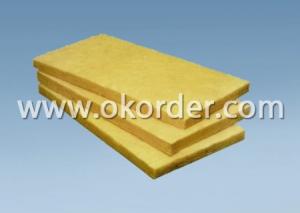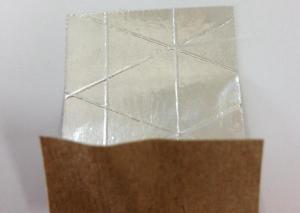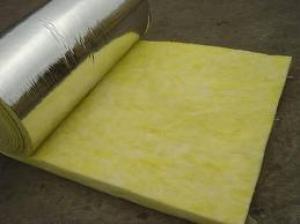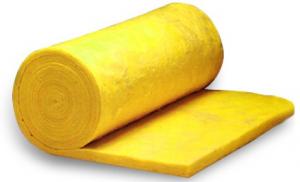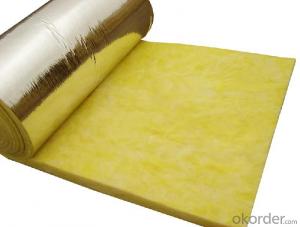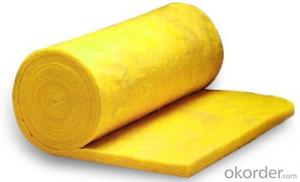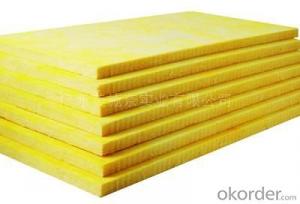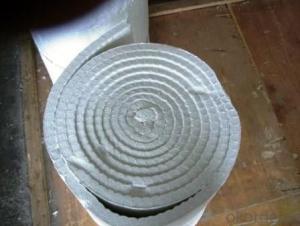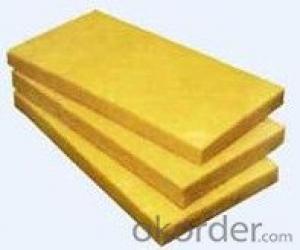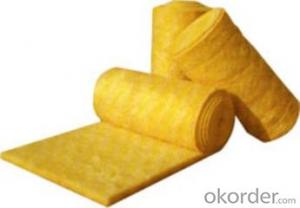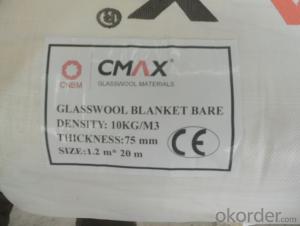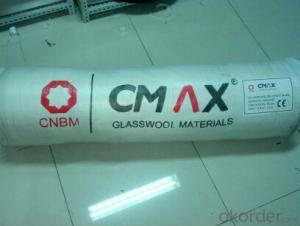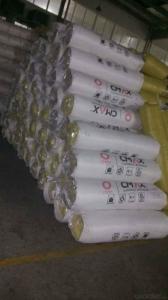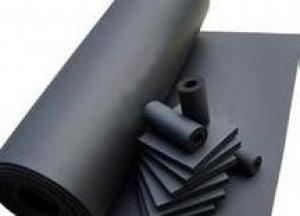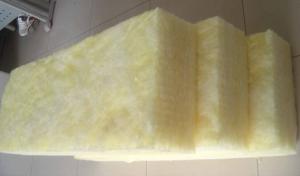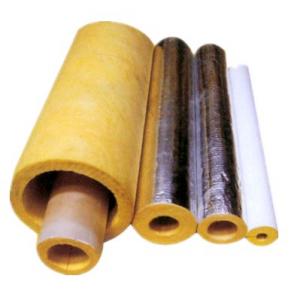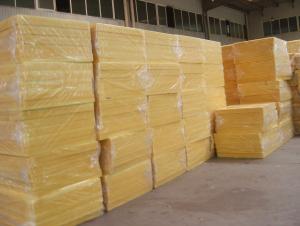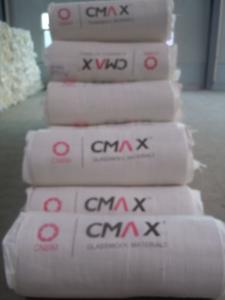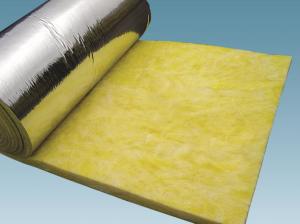Glass Wool Insulation for Building Roofing and Wall
- Loading Port:
- Tianjin
- Payment Terms:
- TT or LC
- Min Order Qty:
- 600 roll
- Supply Capability:
- 10000000 roll/month
OKorder Service Pledge
OKorder Financial Service
You Might Also Like
Glass Wool are widely used in public, commercial and residential buildings as well as industrial plants, for applications such as roofing, external wall, partition wall and floating floor to provide fire protection, thermal insulation, acoustic control and condensation control.
Item | Unit | Index |
Density | Kg/m3 | 10 - 48 |
Thickness | mm | 25-150 |
Width | mm | 1200 |
Length | mm | 5000-30000 |
● FEATURES
● Thermal Insulation ● Fire Safety ● Acoustic Control
● No Corrosion ● Environmental friendly ● Moisture Resistance
● Energy Conservation & Emissions Reduction
Standard Size
Blanket
Size: W*L (mm) 1200X10000 ( 10000- 30000)
Thickness (mm) 25, 30, 50, 60, 80,100
Technical Data
Item | Unit | Index |
Average Fiber Diameter | μm | About 7 |
Water Content | % | ≤1 |
Grade of Combustibility | Non-Combustible Grade A | |
Thermal Conductivity ( 25℃) | W/mK | 0.038- 0.045 |
Reshrinking Temp | ℃ | ≥300 |
Hydrophobic | % | ≥98 |
Moisture Rate | % | ≤5 |
Noise Resistant Coefficient (NRC) | About 0.75 | |
Slag Inclusion Content | % | ≤0.3 |
Material:
Double layers of aluminum foil reinforced with high tensile spring steel wire
Structure: High elastic wire, aluminum foil. A reinforcement model can be required.
Aluminum foil thickness: 0.035mm
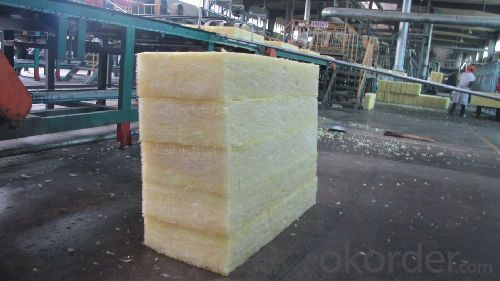
- Q: If the glass wool is used for thermal insulation outside seamless steel tube, should the pipe be rust-proof and sprayed paint?
- Rust-proof treatment must be done. Without special requirements, you can use epoxy rustproof paint for basic protection. For high demands, you should use zinc anti-corrosion paint.
- Q: What are the advantages and disadvantages of centrifugal glass wool?
- Centrifugal glass wool board is fiber product, so human body will be allergic, whose temperature endurance is 400 degrees with good thermal insulation effect, mainly used in buildings and underground pipes.
- Q: What's the necessary performance tests lass wool used for steel structure need to do?
- Generally it doesn't need to do the experiment, but some party A will demand for thermal insulation test, you can ask the local supervisor for samples manual and show it to party A, there is no test on steel structure columns.
- Q: What are the advantages of Rock wool and import glass wool respectively?
- Rock wool: Also known as rock cotton, mineral rock. With minerals as raw materials, it is fluffy short fine fibers. Main raw materials such as basalt, pyroxenite, dolomite, iron ore, bauxite will be made into fiber rock wool after high temperature fusion, and fiberization. It can be used as high temperature and ablation resistance as well as thermal insulation materials; sound-absorbing and thermal insulation materials for construction equipments. Asbestos alternatives can be used as cement products, rubber reinforcing materials and high temperature sealing materials, as well as high-temperature filter and catalytic carrier, etc. 1. Insulation property: Basic features of Insulation performance of rock wool, slag wool products 2. Combustion performance 3. Sound insulation performance: Rock wool, slag wool products have excellent sound absorption performance. Glass wool belongs to glass fiber. Category: machine-made fiber, molten glass wool glass, fibrosis-like materials, it is the fiber that belongs to glass. Type, bulk density, low thermal conductivity, thermal insulation, sound-absorbing performance, corrosion resistance, chemical stability.
- Q: How to conduct thermal insulation construction of external wall glass wool?
- Firstly fix glass wool with insulation nails to the wall so as to prevent glass wool from falling. It is so essential to make a vapor barrier on the surface of glass wool so as to avoid moisture condensation of water in the air in glass wool and reduce insulation properties.
- Q: Now what is the latest color steel sandwich board? such as: Foam, stretches, glass wool
- Foam is the mainly material, now with the increase of rock wool, the rock wool can be fireproofing and sound absorption, it may also lay glass wool in the interior of color steel?plate and the function is sound absorption and thermal insulation.
- Q: What are the applications of centrifugal glass wool board?
- Maintaining good heat insulation and sound absorption properties,........ mainly used for interior walls of advanced buildings ........................ .......... compartment, ceiling ................................... ......, heat conservation for iron sheet air duct or aie bellow, sound absorption and noise reduction for studio, machine room and other places...................... ...........
- Q: How is the insulation property of glass wool color steel?plate?
- It has poor insualtion property but good firepoof property. Rock wool insualtion board is recommended.
- Q: What is the difference between red glass wool and yellow glass wool in terms of technical parameters?
- Thermal insulation properties: Red yellow glass VS Yellow glass wool. Thermal conductivity (K): below 0.039 VS over 0.044; Resilience: good VS poor. Distribution: even VS uneven. Irritation: non-irritating VS irritating and cause itching of skin. Dust: without dust VS with dust. Shot content: zero VS non-zero. Red glass wool is an environmental-friendly material.
- Q: Does rock wool look like glass wool ?
- Glass wool is made through high temperature melting of industrial waste glass, and then making glass into flow by high-speed centrifuge, pulling glass flow into fiber under high temperature and high speed. Rock wool is inorganic fiber made by base materials of fine basalt after high temperature melting in high-speed centrifugation equipment. Glass wool is more economical and environmentally friendly than rock wool.
Send your message to us
Glass Wool Insulation for Building Roofing and Wall
- Loading Port:
- Tianjin
- Payment Terms:
- TT or LC
- Min Order Qty:
- 600 roll
- Supply Capability:
- 10000000 roll/month
OKorder Service Pledge
OKorder Financial Service
Similar products
Hot products
Hot Searches
Related keywords
